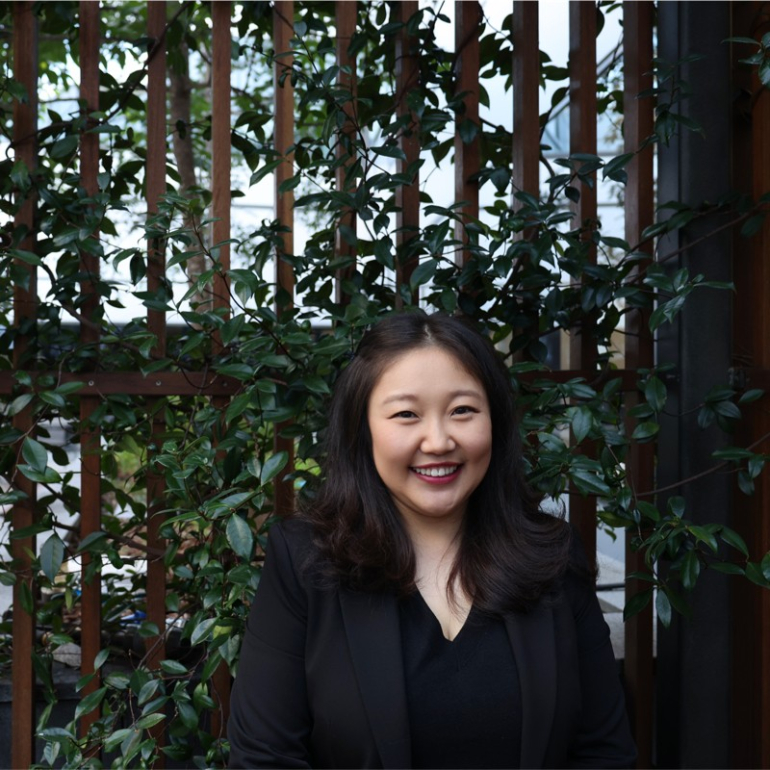Dr Xue (Sophia) Bai started her journey within UNSW Law & Justice and UNSW CIBEL as a PhD candidate. Now, she's taken on the role of CIBEL's Postdoctorate Fellow and has recently published a book based on her research thesis. We asked Sophia about her research and achievements throughout her time with us.
Can you give us a quick overview of your research?
My research explores different government restraints on competition, with a particular focus on how state-owned enterprises (SOEs) interact with competition law and competition policy. Other research areas include the historical evolution of China’s SOEs in respect of their government ownership and political connections, competitive neutrality and competition impact assessment.
What or who sparked your interest in pursuing this field of research?
I find competition law and policy fascinating because it is a dynamic field, which makes research so interesting and frustratingly complex. Competition law has been closely associated with business practice as it rectifies the anti-competitive activity of firms. Researching in this area means that you need to have some understanding of how business operates in the market. There is always something new to learn which makes research very interesting.
How would you explain and introduce your research to someone with no legal background in the area (say, at a social event)?
I am researching on competition law and policy, which is about promoting competition. When there is insufficient competition in the market, firms, especially dominant ones, may use their market power to charge higher prices and block potential competitors from entering the market. This means that consumers and workers pay higher prices.
What project are you working on that excites you?
I am in the process of converting my PhD thesis into a book, titled 'Reform of Chinese State-Owned Enterprises: What China Can Learn from the Practice of Competitive Neutrality Policy in Australia', which will be published in June 2023 by Concurrences. This is exciting and rewarding as it offers a rare opportunity to reflect, refine my research, and communicate my findings to a wider audience.
What research/impact & engagement achievement are you most proud of and why?
At this early stage in my research career, I was extremely proud to win the 2022 Concurrences PhD Award in Competition Law for my thesis on ‘Reform of Chinese State-Owned Enterprises: What China Can Learn from the Practice of Competitive Neutrality Policy in Australia.’ Winning this award means that years of hard work, both mine and my supervisors, have been recognised by peers and competition law academic communities.
It is rewarding to think that my thesis, which will be turning into a book, will have real-world impact and will be relied on by government, international organisations or stakeholders to inform policy decisions or potentially incrementally shape the regulatory landscape.
Is there a particular topic you would like to connect with other scholars and industry partners on?
I am currently working on the interaction between sustainability and competition law, which involves interdisciplinary collaboration. I would love to connect with anyone who is interested in this topic. As my publication records show, I thrive in a collaborative research environment.
What (specific) change do you hope your research will bring within your area of law and how do you anticipate it will influence and affect the relevant aspects (or the broader community)?
I hope my research on competitive neutrality policy will bring greater awareness to business communities affected by an uneven playing field on why competitive neutrality policy is relevant, how it can help them, and how it could bring a change in business practice, especially State-Owned Enterprises.
I hope my research on sustainability and competition law can be part of the solution to the sustainability challenges we face today and can connect research findings to diverse change markers such as government policy makers, policy implementers (I.e., competition enforcement agencies) and business communities, while ultimately benefiting the general public through the improved the quality, range and prices of goods and services available to all consumers when competitive neutrality policy is applied properly.
You can connect with Dr Xue Bai and her work through LinkedIn, and her UNSW Website.
